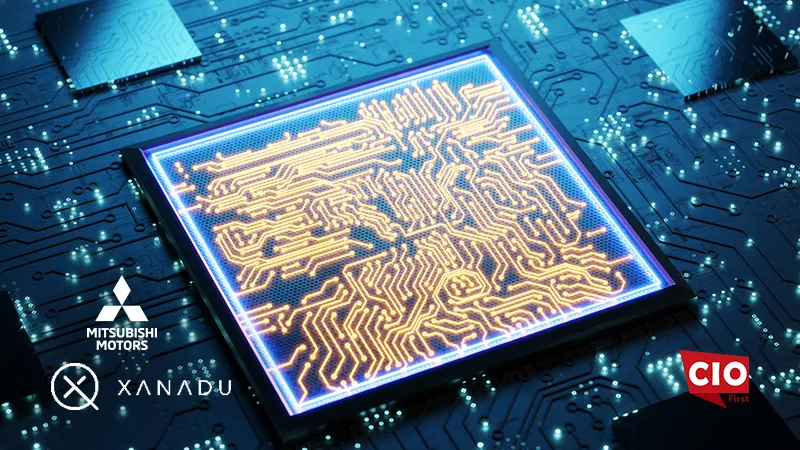Xanadu, a world leader in photonic quantum computing, and Mitsubishi Chemical, have launched a joint project to use quantum computing for the advancement of new semiconductor chip fabrication technologies. This collaboration aims to discover novel quantum algorithms for simulating quantum processes in extreme ultraviolet (EUV) lithography–a wafer patterning technique utilizing extremely short wavelength light–which is critical for developing ever-smaller and more complex microchips.
EUV lithography has emerged as a promising wafer patterning technique for facilitating the continued miniaturization of integrated circuits, which enables advanced technologies such as smartphones, supercomputers, and artificial intelligence. However, as feature sizes become smaller, quantum effects such as Auger decay become more important, which makes the lithographic process difficult to simulate due to complicated electron interactions. Quantum computing offers a pathway beyond this limitation due to its ability to directly simulate dynamics of quantum systems and light-matter interactions.
In this partnership, researchers from Mitsubishi Chemical’s Materials Design Laboratory will provide deep expertise on EUV photoresist materials, including their molecular structures, compositions, and reactivity. They will offer a fundamental understanding and quantitative analysis of key physical processes such as EUV absorption, Auger decay, and secondary electron effects. The Quantum Algorithms team at Xanadu will provide quantum algorithms expertise in designing the simulation algorithms that model light-matter interactions and secondary electron effects.
Also Read: mimik and Tech Mahindra Unveil a Pioneering Agentic AI Production Center
“Continued progress in chip miniaturization hinges on breakthroughs in EUV lithography and the design of superior photoresist materials. Precisely modeling how these materials interact with EUV light remains a formidable challenge. Using quantum computers to simulate these interactions represents an exciting frontier in tackling this problem, offering a path to uncover material properties for future semiconductor generations.” said Torin Stetina, Senior Quantum Scientist at Xanadu.
“Canada is recognized as a global leader in quantum science and technology, as the result of decades of strategic investment and innovation. In this context, Global Affairs Canada’s Trade Commissioner Service (TCS) in Tokyo is pleased to see the partnership between Xanadu and Mitsubishi Chemical come to fruition.” said Mr. Louis-Pierre Émond, Minister (Commercial), Embassy of Canada to Japan.
This partnership aims to establish the first concrete use case of quantum computing in the field of semiconductor materials. Discovering quantum algorithms that can simulate light-matter interactions relevant to semiconductor lithography represents a valuable step forward in Xanadu‘s mission to build quantum computers that are useful and available to people everywhere.
Source: PRNewswire



























